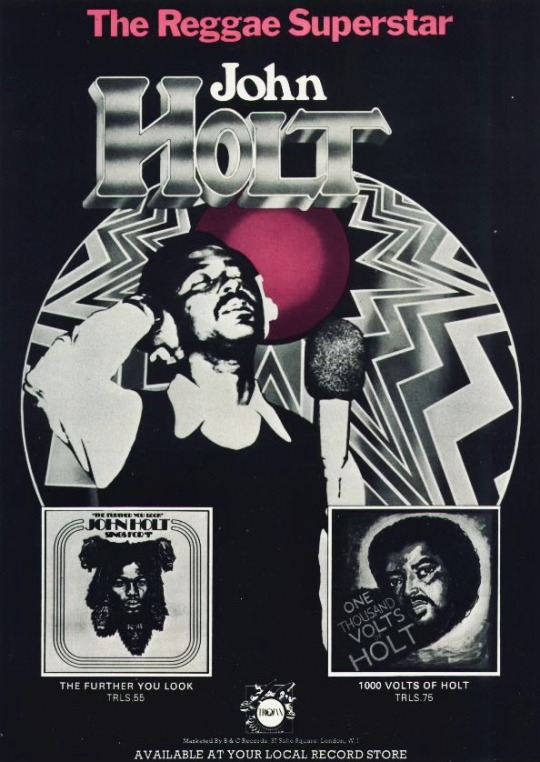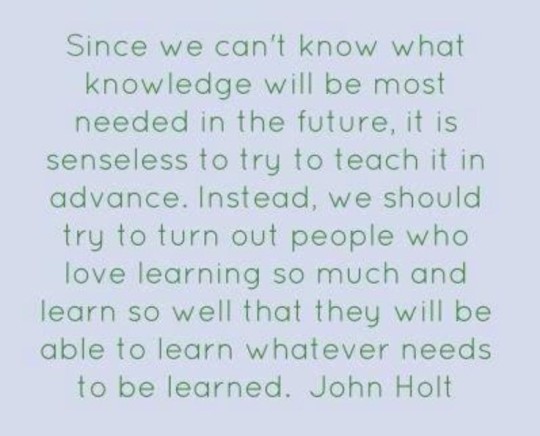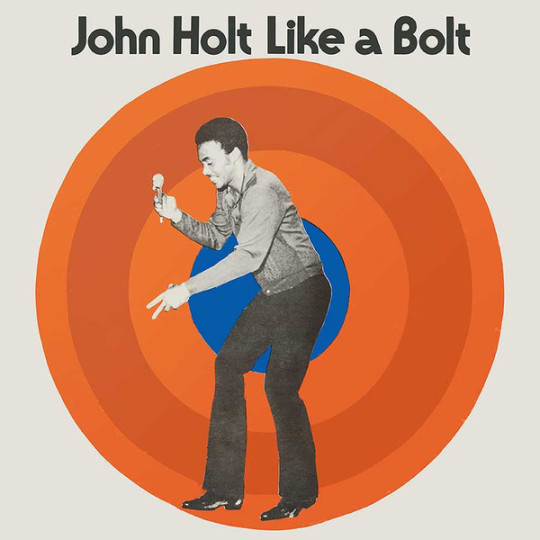#john holt
Text
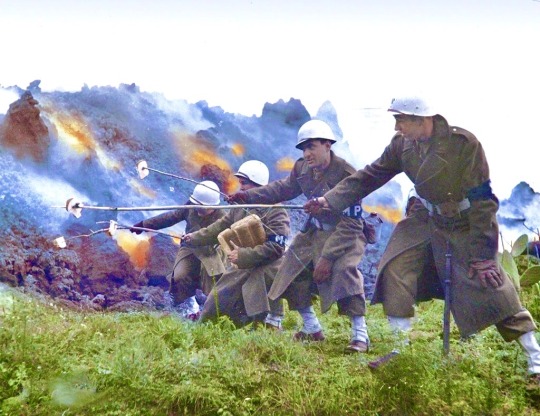
TODAY'S FROZEN MOMENT - 80th Anniversary - March 18th, 1944 -
Making the best of the situation... American soldiers take the opportunity to toast some bread this morning, between battles in Italy, as they watch Mount Vesuvius erupting... using hot lava for the toaster…
[Mary Elaine LeBey]
+
The human animal is a learning animal; we like to learn; we are good at it; we don’t need to be shown how or made to do it. What kills the processes are the people interfering with it or trying to regulate it or control it.
John Holt
8 notes
·
View notes
Text
Many teachers get very upset and angry when I speak of schools being in the jail business. They say, as I would once have said myself, that they personally are not in the jail business. They don't feel like jailers, and they are not running a jail. Perhaps not. But the facts remains that if their students did not go to school, and within that school to their class and even their desk or seat - if they did not do that they would go to jail. This, as Herndon and Dennison point out, is what compulsory school attendance laws mean. They do not mean that society says to young people, we would like you to please go to school. Society says, if you don't go to school, we are going to put you in jail - a real jail with bars in it. For most children, school is the better choice. Most, not all - The New York Times once told about some boys in South Carolina who, offered by a judge a choice of going back to school or going to jail, unhesitatingly chose jail. But these are still exceptions, still a minority, though a rapidly growing one.
Freedom and Beyond by John Holt
Chapter 12: Schools Against Themselves
#Herndon and Dennison are authors#This book got 2 excerpts from me#freedom and beyond#john holt#schools#public school#public schools#children#learning#teaching#kids#jail#jail vs school#Herndon#Dennison#Excerpt
24 notes
·
View notes
Text
Once when substituting in a first-grade class I thought that the children, who were just beginning to read and write, might enjoy some of the kind of free, non-stop writing that my fifth graders had done. About 40 minutes before lunch one day, I asked them all to take pencil and paper and start writing about anything they wanted. They seemed to like the idea, but right away one child said anxiously, "Suppose we can't spell a word?"
"Don't worry about it," I said. "Just spell it the best way you can."
A heavy silence settled on the room. All I could see were still pencils and anxious faces. This was clearly not the right approach. So I said, "All right, I'll tell you wat to do. Any time you want to know how to spell a word, tell me and I'll write it on the board."
They breathed a sigh of relief and went to work. Soon requests for words were coming fast; as soon as I wrote one, someone asked me another. By lunchtime, when most of the children were still busily writing, the board was full. What was interesting was that most of the words they had asked for were much longer and more complicated than anything in their reading books or workbooks. Freed from worry about spelling, they were willing to use the most difficult and interesting words that they knew.
What Do I Do Monday? by John Holt (©1970)
Chapter 24: Writing For Ourselves
#What do I do monday?#what do i do monday#john holt#holt#writing for ourselves#1970#substituting#substitute#substitute teacher#substitute teachers#child#children#kid#kids#classroom#classrooms#school#public school#schoolroom#schoolrooms#public schools#read#write#writing#fifth graders#first grade#first graders#spell#spelling#long words
19 notes
·
View notes
Text
the first pillar of a guyanese christmas
#the second is pepperpot#chronicles of niya#christmas music#christmas#music#spotify#john holt#so this is christmas#holiday#SoundCloud
5 notes
·
View notes
Text
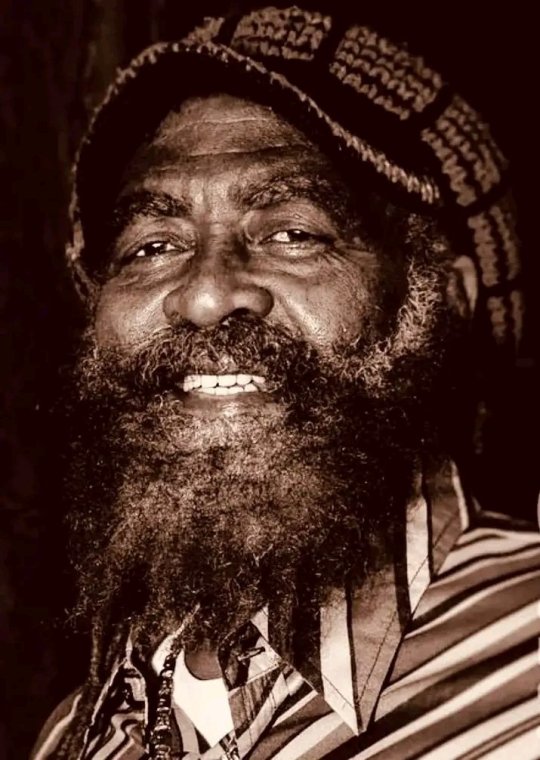
John Holt *July 11, 1947
14 notes
·
View notes
Text
#rye lane#film#you'll never find#lou rawls#john holt#version#rockers#black british#black bri ish#black british film#movie music#mmb
8 notes
·
View notes
Video
youtube
john holt -- reggae from the ghetto
11 notes
·
View notes
Text
Thinking over this scene, and many others like it, I was suddenly reminded of a movie, A Walk in the Sun, based on the novel by Harry Brown. It showed the adventures of a leaderless platoon of infantrymen during the first day of the invasion of Italy. At one point, while the platoon is moving through some woods, they are surprised by an enemy light tank, which, amid a good deal of confusion, they manage to ambush. When this action is over the soldiers find that their sergeant, who has been growing rapidly more anxious, and is clearly the victim of battle fatigue, has given away completely. They find him hugging the ground, shaking all over, babbling incoherently. They leave him behind, as they move inland toward their vaguely conceived objective. One of the soldiers remarks as they go that the sergeant has finally dug himself a foxhole that they can't get him out of.
It seems to be that children dig themselves similar foxholes in school, that their fumbling incompetence is in many ways comparable to the psychoneurotic reactions of men who have been under too great a stress for too long. Many will reject this comparison as being wildly exaggerated and inappropriate. They are mistaken. There are very few children who do not feel, during most of the time they are in school, an amount of fear, anxiety, and tension that most adults would find intolerable. It is no coincidence at all that in many of their worst nightmares adults find themselves back in school. I was a successful student, yet now and then I have such nightmares myself. In mine, I am always going to a class from which, without the slightest excuse, I have been absent for months. I know that I am hopelessly behind in the work, and that my long absence is going to get me in serious trouble, of what sort I am not sure. Yet I feel I cannot stay away any longer, I have to go.
...
To feel that you are helping make children less intelligent is bad enough, without having to wonder whether you may be helping to make them neurotic as well.
How Children Fail by John Holt
Part 2: Fear and Failure
#How children fail#john holt#holt#fear and failure#fear#failure#children#school#schools#public school#a walk in the sun#harry brown#battle fatigue#psychoneurotic reactions#stress#intolerable stress#anxiety#tentsion#nightmares#nightmares about school#neurotic#how children fail by john holt#Excerpt
4 notes
·
View notes
Text
There is a terrible difference between the position of the poor with respect to the schools and that of oppressed minorities with respect to their oppressors. The black man once had to tell his children to submit to the white, to degrade themselves before him, to do whatever he said and even what he might want without saying, to run no risk of countering even his unspoken wishes. So the poor parent must tell his children to do everything that school and teacher says or wants or even seems to want. As the black parent used to have to punish his children for not doing what the white man said, so must the poor parent when his children get into "trouble" at school. But the oppressed black knew, and could tell his children, and make sure they knew, that because they had to act like slaves, less than men, did not mean that they were less than men. They were not the moral inferiors of the white man, but his superiors, and it was above all his treatment of them that made that clear.
Poor parents do not know this about the schools. As Ivan Illich, one of the founders of the Center for Intercultural Documentation (CIDOC), says, the schools are the only organization of our times that can makes people accept and blame themselves for their own oppression and degradation. The parents cannot and do not say to their children, "I can't prevent your teacher form despising and humiliating and mistreating you, because the schools have more political power than I have, and they know it. But you are not what they think and say you are, and want to make you think you are. You are right to want to resist them, and even if you can resist them only in your heart, resist them there." On the contrary, and against their wishes and instincts, they believe and must try to make their children believe that the schools are always right and the children wrong, that if the teacher says you are bad, for any reason or none at all, you are bad. So, among most of the poor, and even much of the middle class, when the schools say something bad about a child, the parents accept it, and use all their considerable power to make the child accept it. Seeing his parents accept it, he usually does. So far - I hope not much longer - few parents have had the insight of a friend of mine who in his mid-thirties said on day in wonderment, and for the first time, "I'm just beginning to realize that it was the schools that made me stupid," or the parent who not long ago said to James Herndon, author of The Way It Spozed to Be, "For years the schools have been making me hate my kid." Even the most cruel and oppressive racists have hardly ever been able to make parents do that.
What Do I Do Monday? by John Holt (©1970)
Chapter 9: The Killing Of The Self
#John Holt#holt#what do i do monday#1970#the killing of the self#parents#parent#child#children#kid#kids#school#schools#public school#public schools#James Herndon#the way it spozed to be#racists#racist#race#Ivan Illich#poor#oppressed#minorities#oppressed minorities#teacher#theachers#oppressed black#slave#slaves
3 notes
·
View notes
Audio
Listen/purchase: My Eyes by John Holt
4 notes
·
View notes
